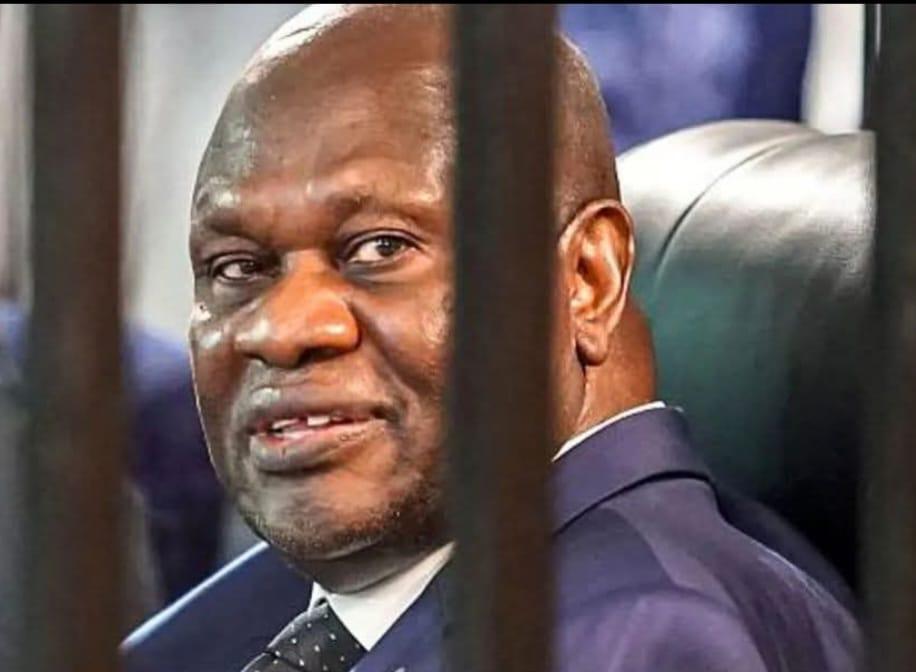Africa-Press – South-Sudan. The special court trying suspended First Vice President Dr. Riek Machar and several co-accused continued its sixth session this week, with the prosecution presenting key documents in support of its case.
During the sitting, the investigator resumed testimony, reading statements from the fifth to the eighth defendants.
The prosecution then introduced several documents, which it said formed the basis for the trial.
Among them was an authorization letter from the National Security Service to initiate proceedings, a ministerial decision to form an investigation committee, and a sanction order for the arrest of Dr. Machar.
The prosecution also submitted a document lifting the immunity of a legislator, issued by the Speaker of the Transitional National Legislative Assembly.
The defense team strongly objected to the documents.
They argued that the authorization letter was signed by Brigadier General Jalfan Obage Nyawela from the Legal Department of the National Security Service, who they claimed lacked the authority to issue it.
According to the defense, only the Director of Internal Security could grant such authorization.
In response, the prosecution insisted that the Legal Directorate of National Security has the mandate to initiate proceedings in the public interest.
They cited Articles 34 and 35 of the 2006 Criminal Procedure Code, and the court eventually admitted the document.
The defense also rejected the ministerial decision forming the investigation committee, saying the body responsible for investigating incidents under the peace agreement is the Ceasefire and Transitional Security Monitoring Mechanism (CTSAMVM).
They further claimed the same prosecutors who investigated the case could not also serve as prosecutors, citing the Evidence Act.
But the prosecution countered that Article 44 of the Criminal Procedure Code empowers the Minister of Justice to form such committees, and that the court had already affirmed its jurisdiction in an earlier ruling.
The court admitted the second document over the defense’s objection.
The most heated exchange came over the third prosecution document the executive sanction ordering Dr. Machar’s arrest.
The defense argued it was unconstitutional, saying the President had no authority to issue arrest orders, and that only parliament could authorize proceedings against the First Vice President through impeachment.
They accused the prosecution of effectively turning the President “into a police officer and prosecutor,” in violation of the separation of powers under Article 101 of the Constitution.
The prosecution dismissed the objection as irrelevant, noting the case concerns the First Vice President, not the President.
They insisted that the court had already ruled Machar has no immunity, and that under Section 44 of the Criminal Procedure Act, the head of the executive has powers to issue such a sanction in crimes under Chapters 5 and 6 of the Penal Code.
After deliberations, the court admitted the arrest sanction as prosecution document number three.
The trial continues with the prosecution expected to present more evidence in upcoming sessions on Monday 6 Oct 2025 at the Freedom Hall.
For More News And Analysis About South-Sudan Follow Africa-Press






